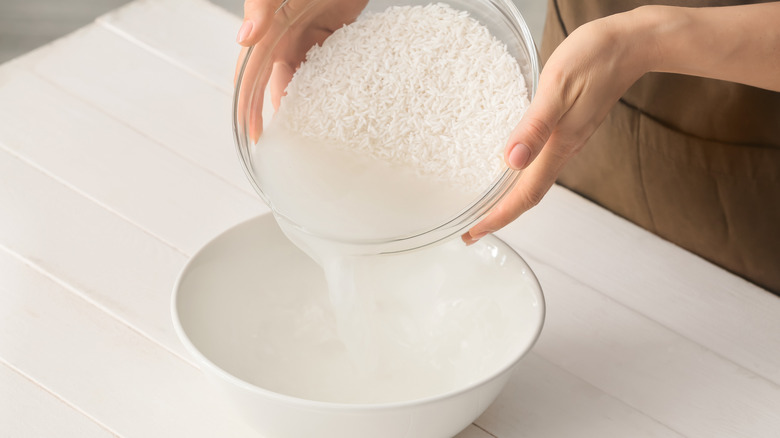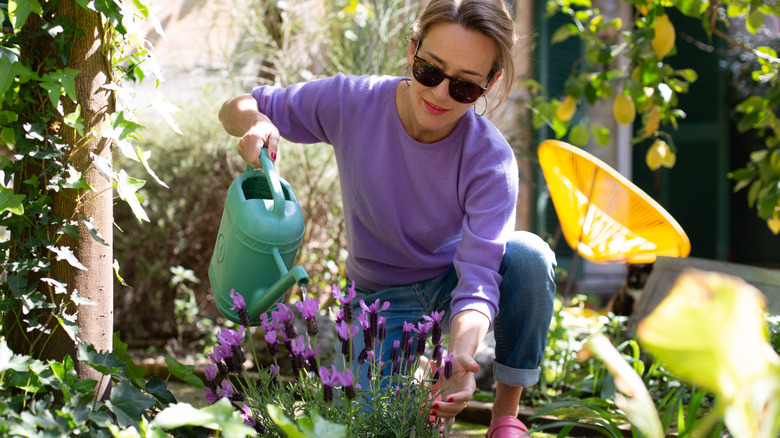Types Of Rice Water To Use On Plants (& Which One Should You Use?)
Did you know that the ingredients for an affordable, natural fertilizer that will help your plants thrive can likely be found in your kitchen? Rice water is a beneficial natural additive for plants that can give them essential nutrients such as energy, vitamins, and minerals. The water from the rice absorbs starch, which is a complex carbohydrate that plants can use to provide energy. It also helps them take in phosphorus, potassium, and nitrogen, which can naturally enrich the soil and help to promote plant growth.
You can make rice water in three ways: by rinsing, boiling, or fermenting. Rice water is a natural byproduct of cooking rice, so if you're already making a rice dish for dinner, you don't have to do anything but collect the water. Any type of rice will do, as long as it is not seasoned. And yes, that includes salt. The preparation method you choose should be dependent on the amount of starch and nutrients your plants need. Fermented rice water is the most potent method, while boiled and rinsed rice water are not as strong.
How to make three types of rice water
While it is a mild solution, rice water made by rinsing is a quick and easy source of nutrients. Simply fill a pot with a 3:1 ratio of rice and water and let it soak for about 30 minutes. Strain the rice, and it's ready to use. To boil rice water, you will need to use more water than you normally would when cooking rice to ensure you have some left over. A good ratio of water to rice is about 2:0.5 cups. Boil the rice until the water is white and cloudy. Then strain it into a container and allow it to cool completely before using it on your plants.
Fermenting rice water takes much longer than other methods. Add a few spoonfuls of cooked rice to a glass jar and fill it to the top with distilled water. Place the jar in a dark location and make sure you check on it every few days. Don't worry if you see white mold. It is a normal part of the fermentation process. However, if you see black or brown mold, you will need to discard the solution and start over. It should take roughly one to two weeks to ferment, after which you should strain the water into a clean container. Fermented rice water is potent, so dilute it with plain water in a 1:2 ratio before using it on your plants.
How and when to use each type of rice water
You can always have too much of a good thing, and rice water is included. An excess amount of starch in the soil can lead to harmful mold and bacteria growth, hardened soil, and pest infestation, so it's important to find the right balance for your plants. The lower concentration of rinsed and boiled rice water makes it more suitable for regular application than its fermented counterpart. Since plants in the ground have such a large volume of soil, you can use these types of rice water undiluted. For indoor and container plants, dilute rice water with plain water in a 1:1 to 1:2 ratio.
During the growing season in your garden, when plants need the most nutrients, you can apply your chosen method of rice water more often. Fermented rice water is ideal for the growing season due to its high concentration of nutrients, though bear in mind, it should be diluted. Use sparingly during the non-growing seasons. The needs of your plants can vary, so monitor their health and adjust the usage as necessary.


